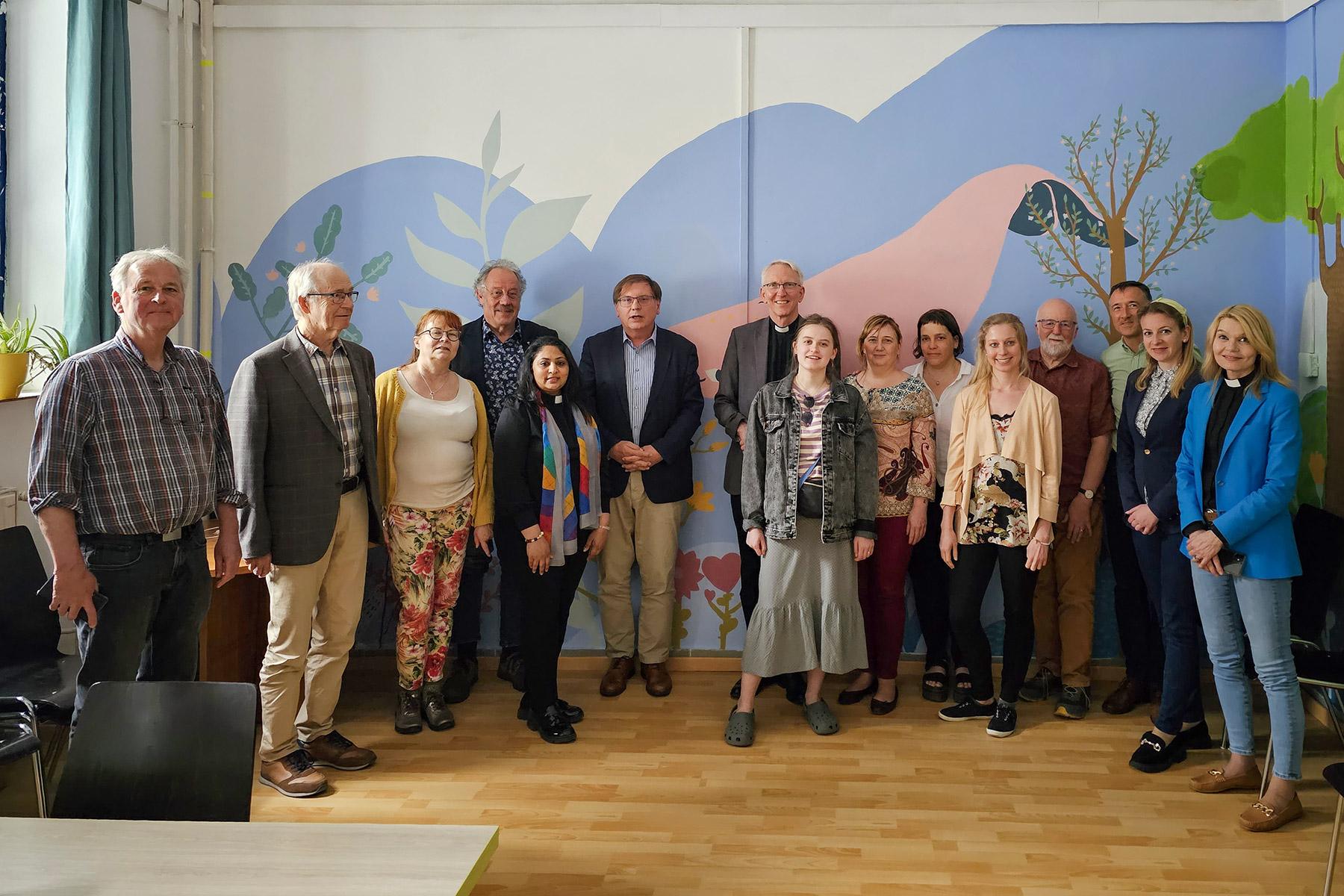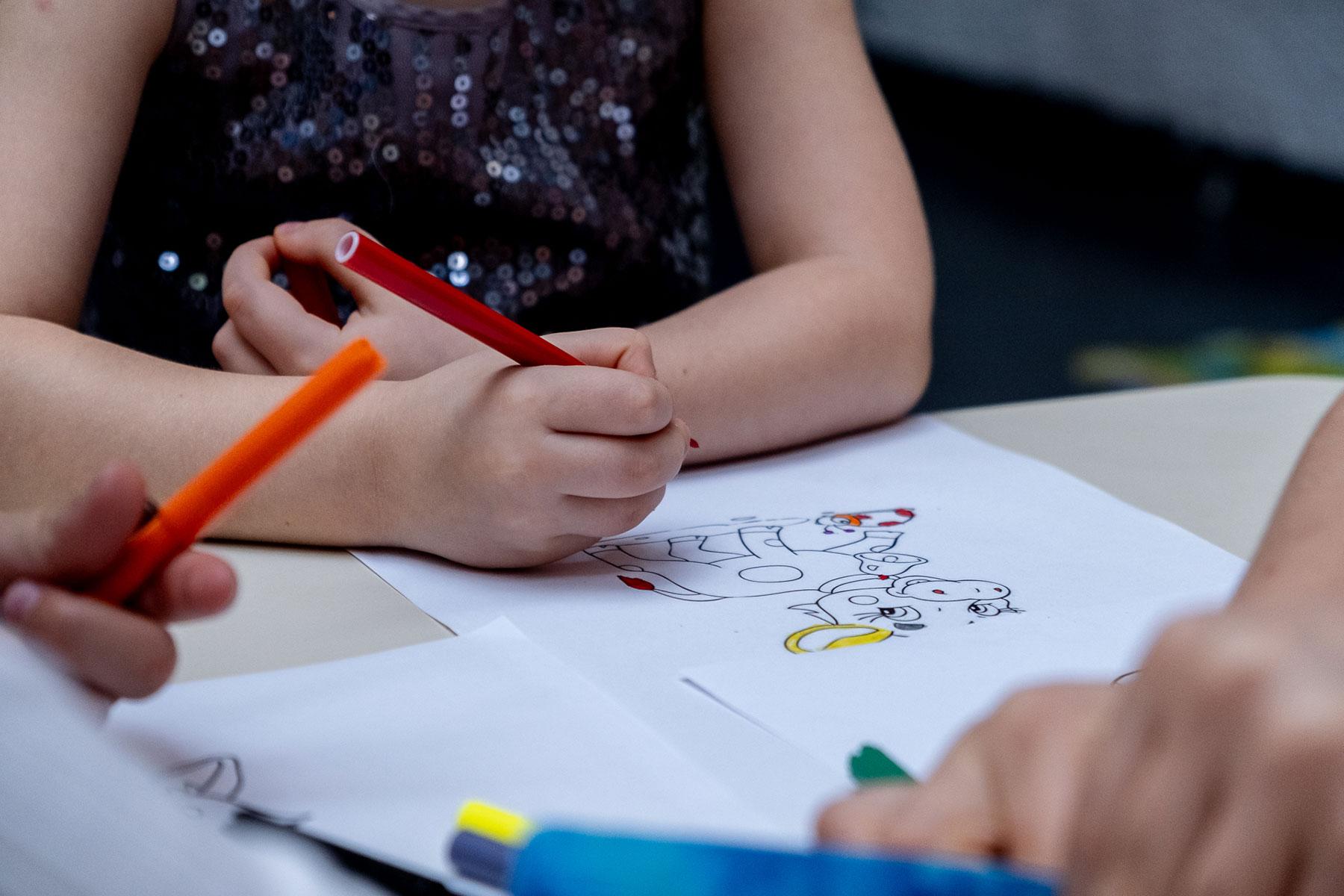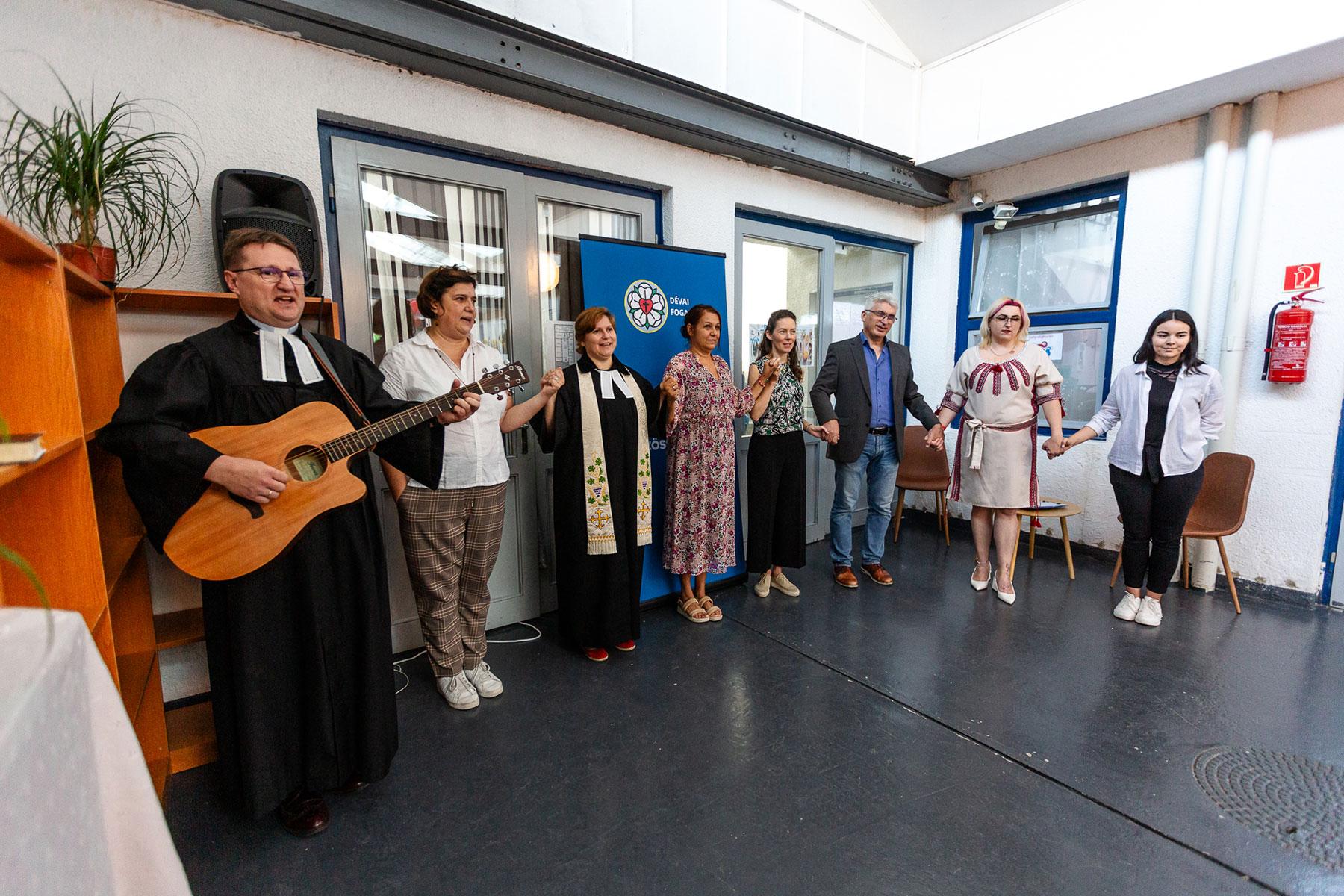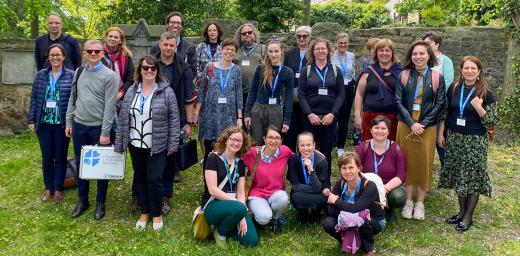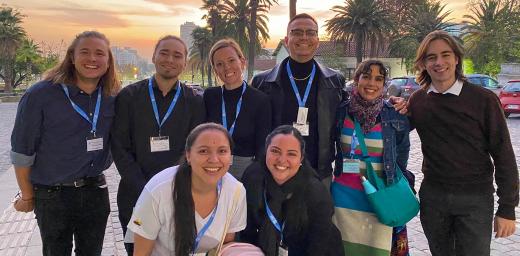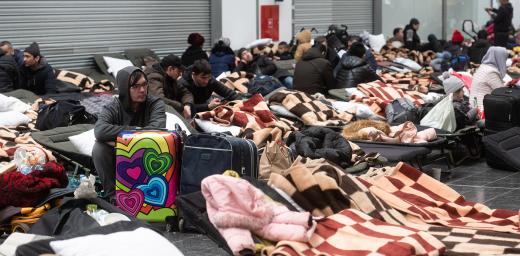Diaconal practitioners highlight best practices of new learning program
(LWI) – After several years of studying best practices and challenges from churches’ work for transformation in society, diaconal practitioners in Europe have developed a learning program aimed at creating more open, welcoming, and safe spaces for people seen as “the other” and “different.” The modules in the program will be launched later this year.
At their 10 April meeting in Budapest, Hungary, representatives of The Lutheran World Federation (LWF) European Diaconal Process working group discussed the four key topics of the learning program, namely: Experiencing, Seeking Conviviality, Reflection on Practice, and Working for Change. These concepts help churches to pay attention to personal biases and structures in society, while emphasizing biblical teachings as guidelines for creating inclusive societies.
Conviviality--the art and practice of living together in community-- is the central theme of the process involving LWF’s member churches in the region since 2010. The new learning program is an invitation to deepen understanding and enact positive change, noted Rev. Tony Addy, Head of Education at the International Academy for Diaconia and Social Action - Central and Eastern Europe (interdiac), LWF’s partner organization in the process.
“What does it mean for me to change? What does it mean for us to change? It has something to do with the church, and with the society of which we are a part,” said Addy.
Welcoming refugees
Meeting in Budapest, the working group members visited the Evangelical Lutheran Church in Hungary (ELCH) Dévai Fogadó community center. Run by the local congregation with support from volunteers since 2023, the center provides around 5,000 Ukrainian refugees with different services including counseling, language courses, educational programs, cash assistance, children’s camps, and spiritual support.


